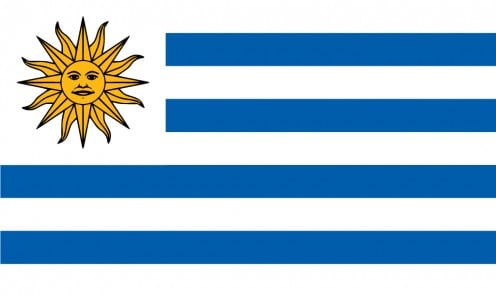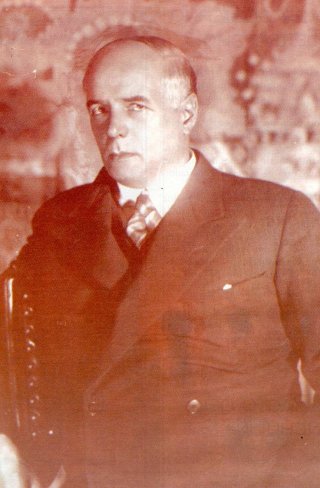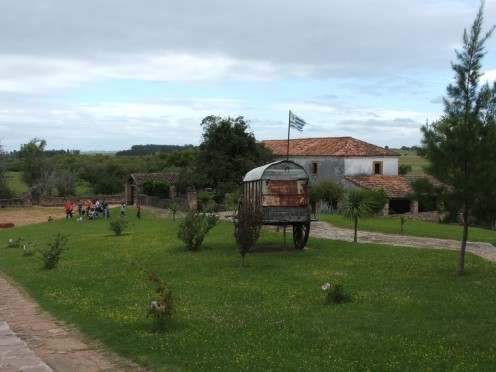Uruguay and the World Cup, 1930 and 1950 (with interludes)




By hook or by coup
Uruguay won the World Cup in soccer in 1930. It won again in 1950. In between there occurred a coup d'état (one of various in the history of the country), which gradually morphed into constitutional governance again.
Now the politicians of some Western countries seem to believe that playing sport against another country somehow attests to 'approval' of the country's politics. (If they could ever understand them, even.) In Uruguay, however, even if serious attempts had been made to pressurize Uruguay's coup-driven politicians into conforming to other countries' professed norms, it might have been extraordinarily hard for outsiders to figure exactly what was going on there. Because in Latin America, what for some people constitutes a coup, is a revolution for others. (For fashionable opinion in Western countries, a revolution is a 'good thing', whereas a coup is a 'bad thing'.)
When I lived in Uruguay — indeed, as now — many if not most Uruguayans defined themselves as supporters of one of two soccer teams, Peñarol and Nacional. Back in 1931, while Uruguayans were still basking in the afterglow of winning the World Cup the previous year - (by the way, in Latin America, never try to stage a revolution if there is a soccer match going on: they both need the undivided attention of enthusiasts) - Gabriel Terra, with the reputation of a Colorado liberal, took office as President. Terra was basically a socialist, who advanced state intervention in the economy, women's rights, and other measures widely seen as progressive...except that between 1933 and 1938 he ruled by decree, following a coup, when he dissolved parliament and jailed or exiled his opponents (what about those who played soccer?). So, Terra's progressive measures were enforced by decree, while wealthy families who had exercised a more conservative influence through the parliament were in a measure sidelined. Thus, each side could try to portray itself as more 'liberal' than the other, to some extent.
Alfredo Baldomir succeeded Terra as President in 1938, later staged his own coup, and his rule by decree was supported by leading Colorado liberals and communists, while many socialists opposed it. (Work that one out...)
In the end, by 1950, Colorado liberals were safely in office (as they had been, by hook or by coup, for nearly a century), and Uruguayans could again concentrate on the World Cup, which their national team won again in that year.
Fast forward also to the 1970s: one of the leaders of yet another coup which occurred in 1973, General Alvarez, refused the then President's plans to abolish political parties on the grounds that these parties were part of the national psyche in the manner of teams Peñarol and Nacional. So, coup leader, or preserver of party politics? (Or put differently, whether such a general was a 'good cop' or 'bad cop' has aroused passions as partisan as those of supporters of Peñarol and Nacional.) Thus, even among the Uruguayan coup leaders of the 1970s there were contradictory forces definable to some extent by soccer... .
Own goal?
But if politicians want to investigate the drawbacks of mixing politics with sport, the ever complex and sometimes impenetrable nature of Uruguayan politics should be a salutary lesson to outsiders who think that by simply using words such as 'coup' and 'revolution' they can figure whatever is actually going on.
....
How to get there: LanChile flies to Montevideo, Uruguay from North American destinations including New York and Toronto. The Uruguayan airline PLUNA, which codeshares with VARIG, flies to a number of Latin American regional destinations. Please check with the airline or your travel agent for up to date information.
MJFenn is an independent travel writer based in Ontario, Canada.



